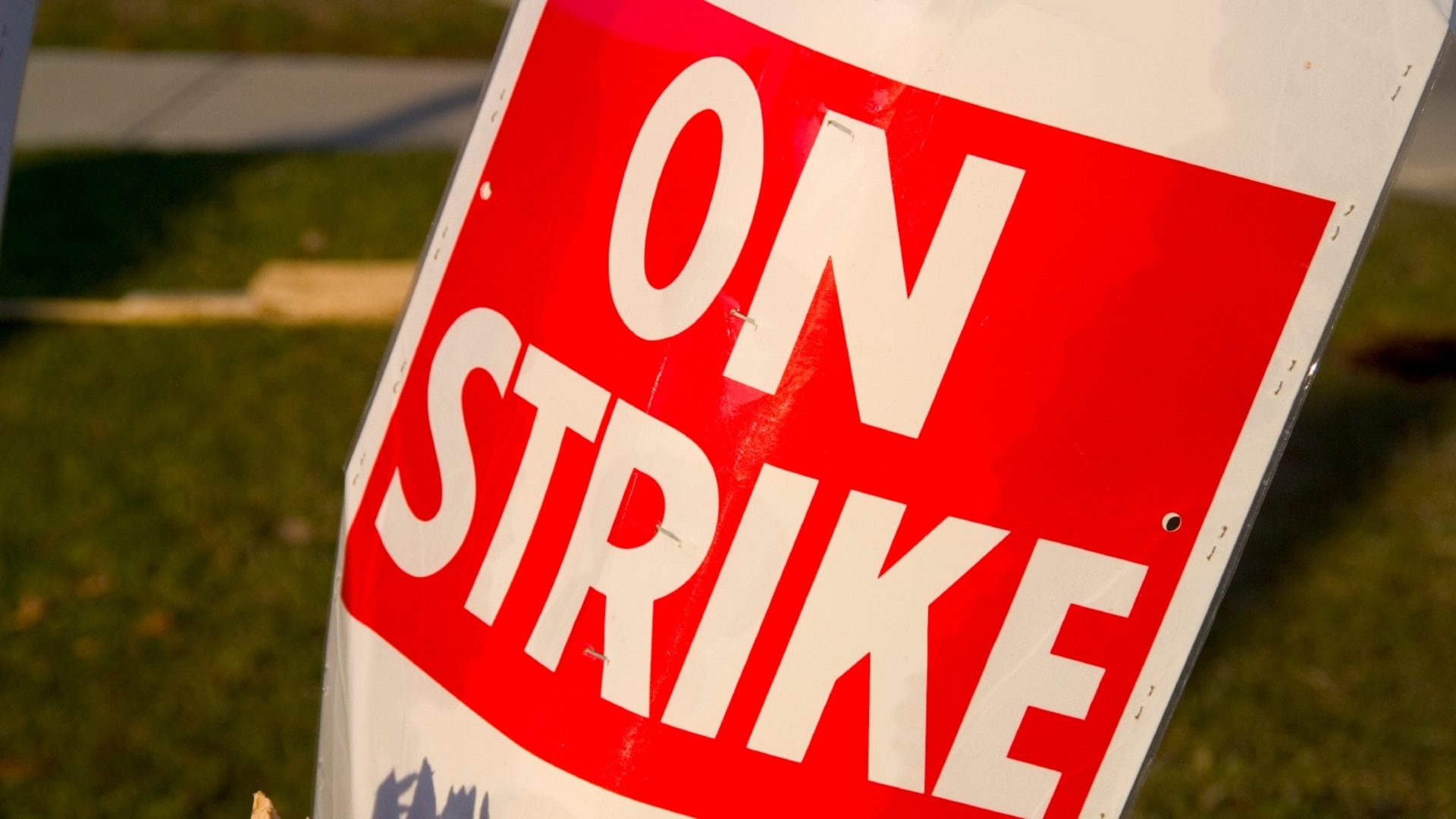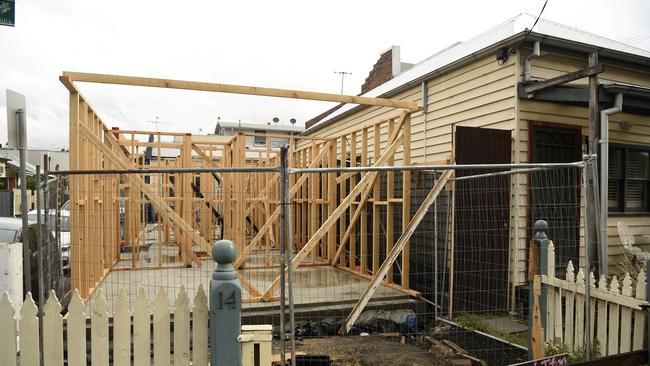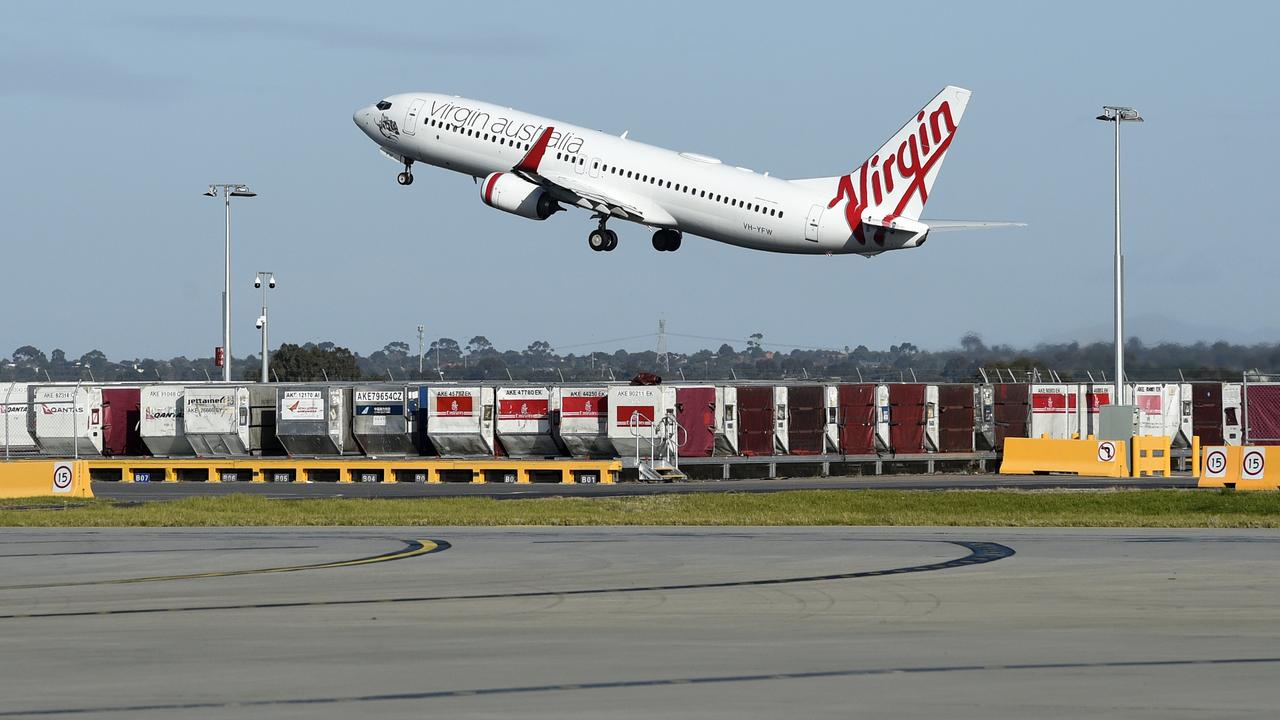Australia called to axe tax breaks on housing
Economists have warned Australia’s housing affordability crisis is set to worsen if there is no government intervention.

Business Breaking News
Don't miss out on the headlines from Business Breaking News. Followed categories will be added to My News.
Australia’s current tax concessions are distorting the national housing market and putting unfair pressures on renters and first home buyers, economists warn.
The decline in home ownership rates over the past 25 years can be attributed to the capital gains discount combined with negative gearing.
Figures crunched by comparison site Money show that there has been significant growth in investor loans compared with owner-occupiers in every state except Victoria.
The comparison site said the report highlights a surge in investors’ activity up 19 per cent annually while owner-occupier loans grew at a more modest 5 per cent.

Victoria’s slower growth rate was attributed to having more owner-occupier friendly policies and a raft of new rental laws which make it difficult for landlords to evict tenants.
The state now has the largest market share of owner-occupiers at 28 per cent, with owner-occupier loans for existing properties increasing by 15 per cent, which is more than double the national average.
Western Australia remains a hot spot for buying activity, leading the way for national annual loan growth for both owner-occupiers and investors. Loans for owner-occupiers are up 9 per cent, investor loans have surged 43 per cent.
Meanwhile New South Wales investor loans are up 20 per cent annually, while in Queensland investor loans grew at 24 per cent annually.
Money property expert Mansour Soltani said what’s happening in NSW reflects broader market trends seen across Australia.
“Investor activity is being driven by strong rental demand and rising yields, fuelled by overseas migration, as well as strong property price growth in Sydney and regional or coastal areas like Wollongong, which are drawing investors and cashed-up retirees into the market,” he said.
“Owner-occupier demand remains subdued, likely due to affordability constraints and the impact of higher interest rates on borrowing capacity for larger loans in NSW.”

Everybody’s Home spokesman Maiy Azize said investors are pushing up the price of home buying for Australians trying to get into the market, which is making it increasingly difficult for renters to get ahead.
“Australians are struggling under the weight of ever-increasing rents,” she said.
“Paying hundreds or thousands of dollars extra in rent over the past year adds to an already unaffordable burden. Every additional dollar people have to find to cover their rent matters, pushing them closer to the brink.”
Ms Azize said there was a massive social housing shortfall with the private sector unable to fulfil this need.
“We need to end the shortfall and turn social housing into an option for more Australians – not just a safety net for those at the margins,” she said.
IMF calls for governments to fix the high cost of housing
In a recent economic update, the International Monetary Fund told the federal government and Coalition that Australia needs a major policy package to deal with the nation’s unaffordable housing.
The IMF said everything from tax to the supply of new land should be on the table.
Currently, the Albanese government has set a target of 1.2 million new homes by 2029, putting together a series of policies costing more than $30bn to see an uplift in construction.
For their part, the Coalition has promised $5bn towards local government infrastructure to unlock housing projects.

But the IMF says all levels of government must go further, arguing that eradication of state stamp duties and a shift to land taxes, lifting the number of workers in the sector and easing zoning rules had to be on the agenda.
The fund warned Australia’s excessive build-up in household indebtedness remains a key risk for the Australian economy.
“A comprehensive policy package is essential to tackle Australia’s housing affordability crisis, focusing on increasing the construction workforce, relaxing zoning regulations, advancing initiatives to boost new housing supply, and re-evaluating property taxes and stamp duty,” it said.
It suggested Australia should phase out tax reforms on property to help underpin stability and foster growth for the national economy over the medium term.
“Tax reforms should target system efficiency and fairness, reducing reliance on direct taxes and high capital costs that hinder growth,” it said.
“Tax breaks, including from capital gains tax discount and superannuation concessions, could be phased out to generate a more equitable and efficient tax system.”
Originally published as Australia called to axe tax breaks on housing


